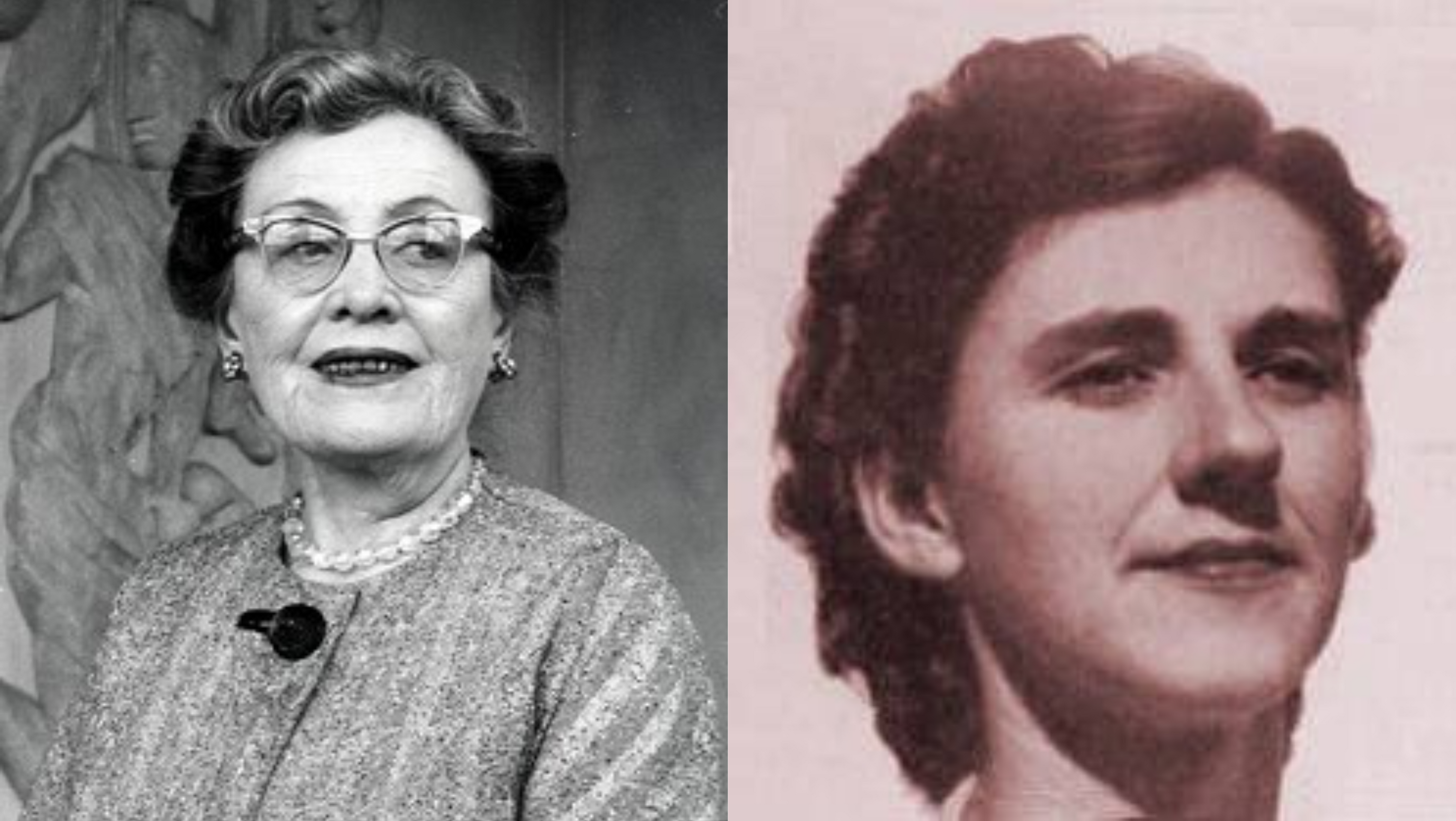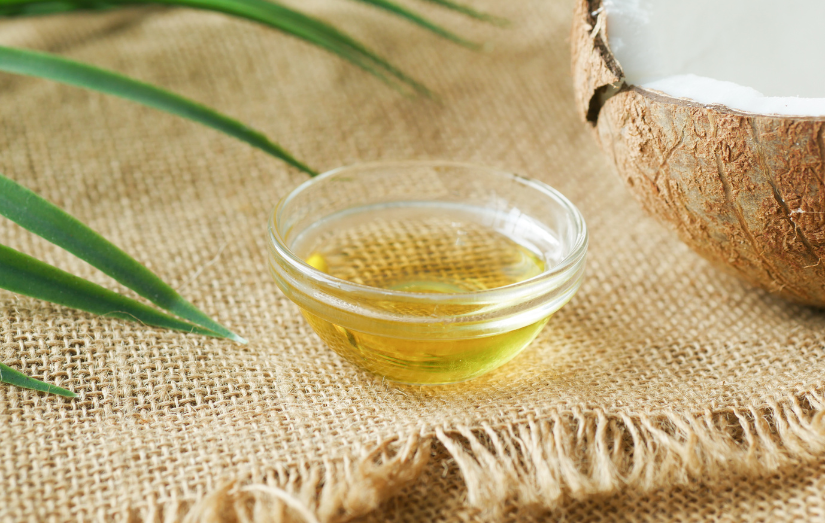They argued for better nutrition during pregnancy. They denounced the food industry and its misleading labeling tactics. Women were and still are boundary-breakers in the field of nutrition and dietetics. We took a look back at history and discovered the accomplishments of a few of the pioneers in the field of nutrition and dietetics.
Receiving both her bachelors and masters degrees in chemistry in the early 1900s, Agnes Fay Morgan began her nutrition career on the faculty of the Department of Home Economics at UC Berkeley. Morgan conducted research on the vitamin content of processed foods and was the first to discover that sulfur dioxide, a common preservative, had a protective effect on vitamin C and a harmful effect on thiamin. Her discoveries revealed that too much vitamin D supplementation produced brittle bones, and that pantothenic acid (vitamin B5) is essential for hair and skin pigmentation.
Adelle Davis consulted as a nutritionist for New York obstetricians in the late 1920s. A successful author, Davis sold over 10 million copies of her books by the early 1970s. Her work focused on pediatric and women’s nutrition—she spoke out against prepared baby foods that were high in additives and pesticides, and argued for better nutrition during pregnancy to limit complications. Davis criticized the food industry for its misleading advertising, and emphasized a diet rich in whole grains, fresh vegetables and limited in sugar.
Doris Howes Calloway was made Chief of the Nutrition Branch of the Armed Forces Food
and Container Institute in Chicago in the 1950s. Focusing on the protective properties of food from radiation, Calloway discovered that broccoli mitigated the damaging effects of radiation in animal studies. If you’re familiar with those foil bags for snacks (like chips and nuts), Doris Calloway developed that packaging!
Considered to be the first American dietitian, Sarah Tyson Rorer taught people in the area of therapeutic nutrition in the late nineteenth century. Rorer promoted "good muscular exercise, proper food, and fresh air"—the foundation of a healthy lifestyle that we still promote today. As a lecturer at Women's Medical College in Philadelphia, Rorer began to formulate ideas that were so successful that she began teaching physicians and counseling patients in the hospital. She continued to teach her ideas, in addition to writing a cookbook and publishing journal articles.
All of these women—from Agnes Fay Morgan to Sarah Tyson Rorer—helped to shape the field of nutrition and dietetics in their own unique ways. We are so grateful for their contributions to the field and we can’t wait to see what other female pioneers will discover in the future.



